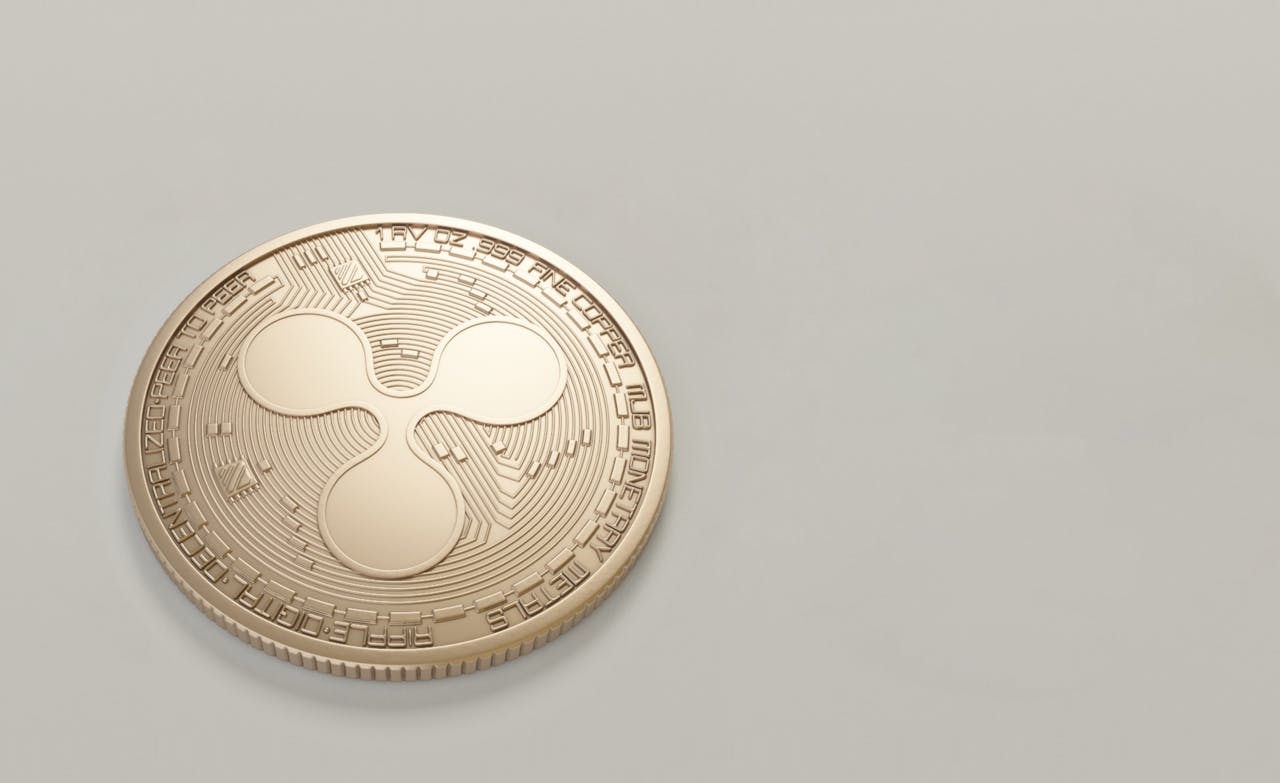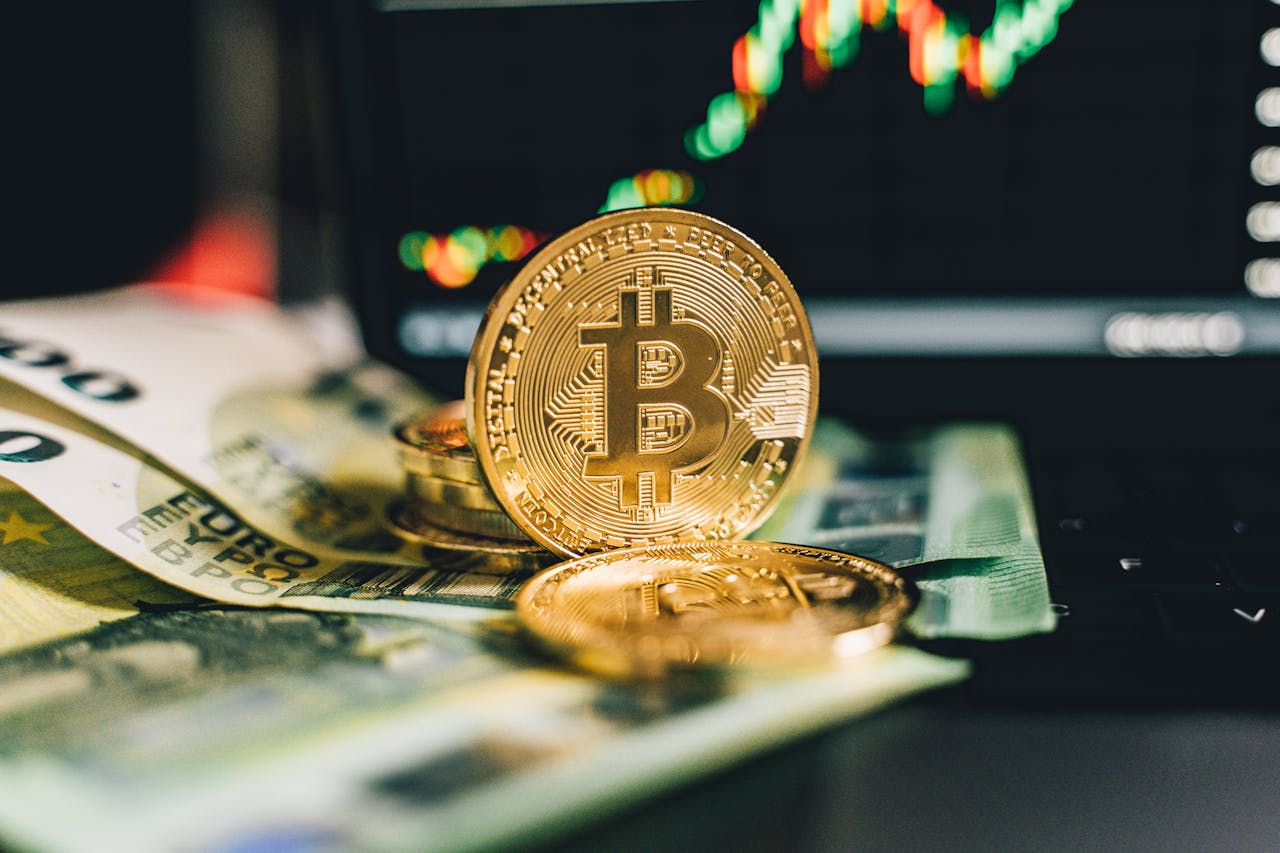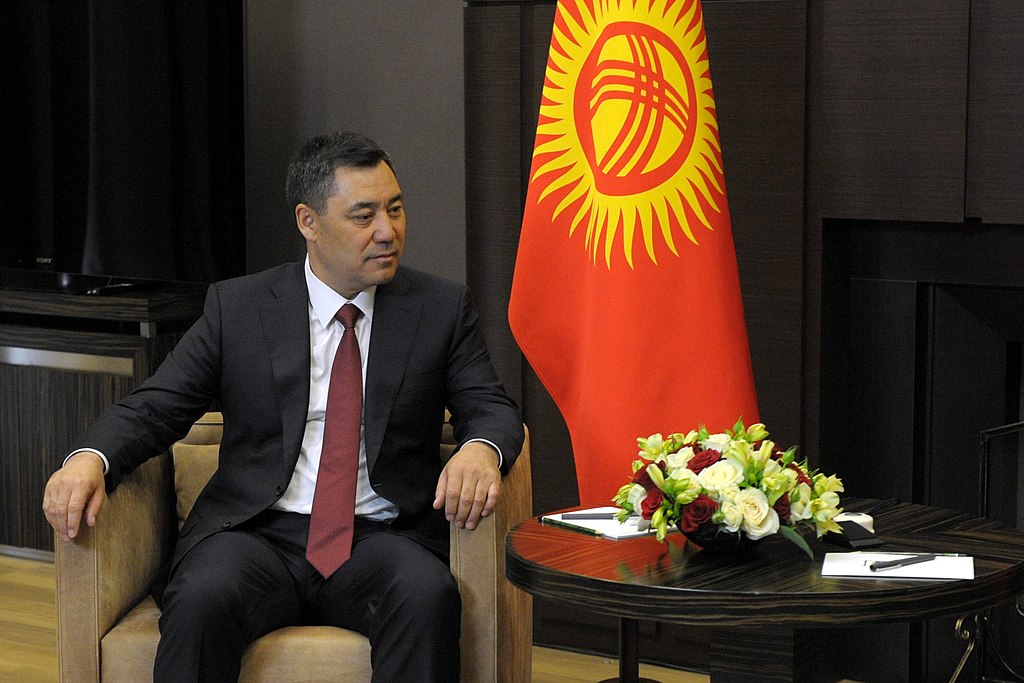South Korea’s crypto scene will soon see some changes as the country’s regulatory bodies start to oversee cryptocurrency-related activities. One of the major changes to be expected is the delisting of privacy coins from the country’s crypto exchanges.
The Financial Services Commission’s Financial Intelligence Unit (FIU) has confirmed that privacy coins will soon be delisted from South Korean crypto exchanges, according to Bitcoin.com. FIU explained that privacy cryptocurrencies carry a high risk of money laundering because of the difficulty in getting the transaction details for such type of token.
FIU’s confirmation shouldn’t come as a surprise for those who have been following the recent regulatory developments in South Korea’s crypto industry. In November 2020, the regulator announced its intention to ban privacy tokens such as Monero (XMR), Dash, and Zcash (ZEC), which will take into effect by March 2021, according to CPOMagazine.com.
Platforms such as Okex have already delisted several privacy tokens to comply with anti-money laundering rules. At the moment, no privacy-centric cryptos are listed in South Korea’s major crypto exchanges.
The Financial Intelligence Unit will also be requiring exchanges to report unusual transactions “within three working days.” The reports should reflect the transaction’s value on Korean won based on the released guidelines.
The FIU, which handles Anti-Money Laundering/Combating the Financing of Terrorism (AML/CFT)-related matters, also oversees the country’s crypto exchanges, according to Cryptonews.com. Crypto firms and platforms that wish to continue trading in digital assets are now required to obtain a license from the regulatory body.
One of FIU’s requirements for the license is proof of having obtained information protection management system certification. Exchanges are also required to “have real-name authenticated banking contracts in place with domestic banks,” and ensure that their staff is qualified for roles that involve key decision-making and security.
The FIU is giving crypto exchanges until September 24 to comply with the new requirements. The regulatory body can forcibly close, conduct spot-checks, or audit platform operators for non-compliance.


























Comment 1